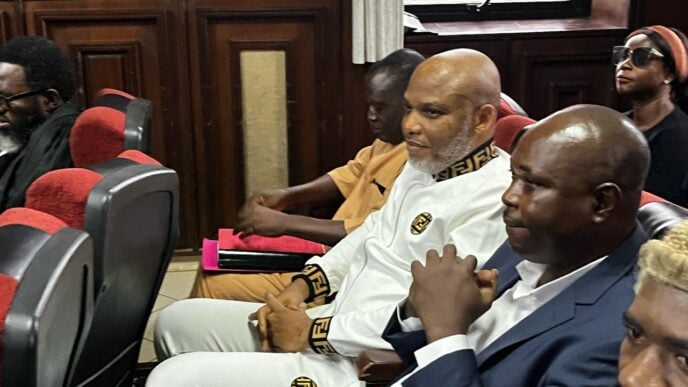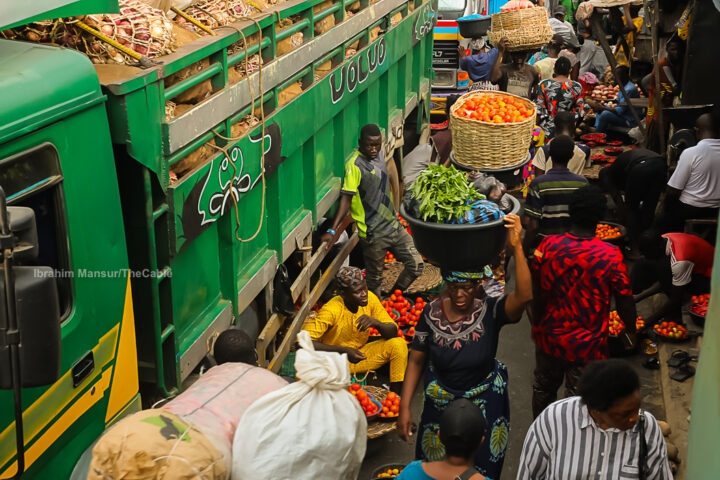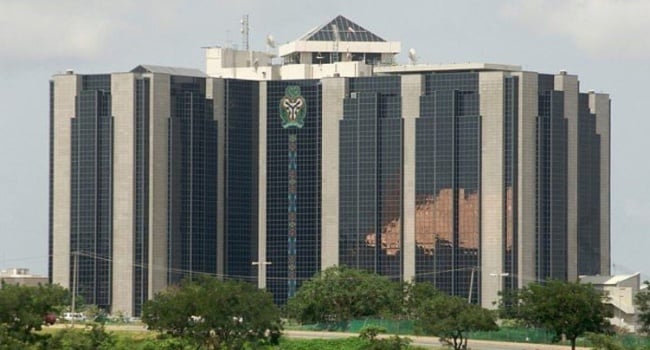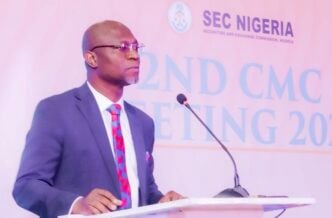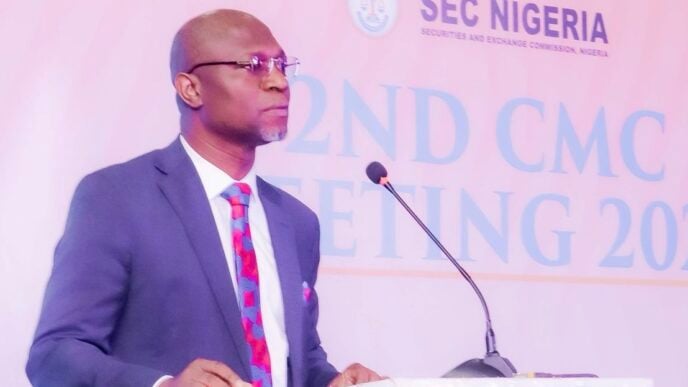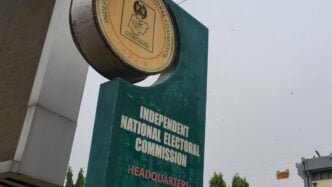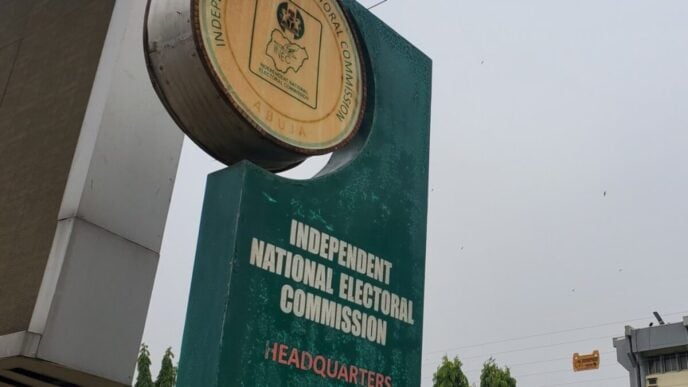Mohammed Abdullahi, the deputy governor of the Central Bank of Nigeria (CBN) for economic policy, says the country’s foreign exchange (FX) reserves have climbed to a five-year high of $43.4 billion.
Abdullahi spoke at the Nigeria Investors Forum held in Washington, D.C, United States, on the sidelines of the IMF–World Bank annual meetings, where he led discussions on Nigeria’s economic outlook and reform progress.
He said the reserves, which hit the mark on October 10, despite clearing foreign exchange backlogs, provide 11 months of import cover.
“Our gross reserves are at a five-year high of $43.4 billion as of October 10, enough to cover 11 months of imports,” Abdullahi said.
Advertisement
“This growth comes after clearing FX backlogs and improving liquidity across the market.”
The deputy governor added that the naira has remained stable, with the exchange rate premium between official and parallel markets narrowing to less than 3 percent, compared to over 50 percent in 2022.
Abdullahi noted that inflation has also declined to 18.02 percent, its lowest level in three years, while capital inflows and remittances have strengthened Nigeria’s balance of payments.
Advertisement
The CBN, he said, continues to pursue orthodox monetary policies, transparency in FX operations, and alignment with fiscal reforms aimed at sustaining macroeconomic stability.
Also speaking at the forum, Olayemi Cardoso, governor of the CBN, said the increase in foreign reserves signals renewed investor confidence and the positive impact of ongoing economic reforms.
Cardoso said the rise in external reserves reflects the cumulative effect of fiscal and monetary coordination, improved FX flows, and renewed trust in Nigeria’s policy direction.
“Nigeria’s focus remains clear, strengthening our fundamentals, advancing reforms, and unlocking opportunities for sustainable investment and growth,” Cardoso said.
Advertisement
“We are encouraged by the progress made so far and remain confident that ongoing reforms are laying a stronger foundation for a more resilient economy.”
Cardoso said the CBN and the ministry of finance have worked “hand in hand” to stabilise macroeconomic indicators, rebuild buffers, and restore transparency in monetary policy.
The governor said sound macroeconomic policies are beginning to yield results, adding that “there’s a strong correlation between disciplined economic management, growth, and disinflation”.
Advertisement


